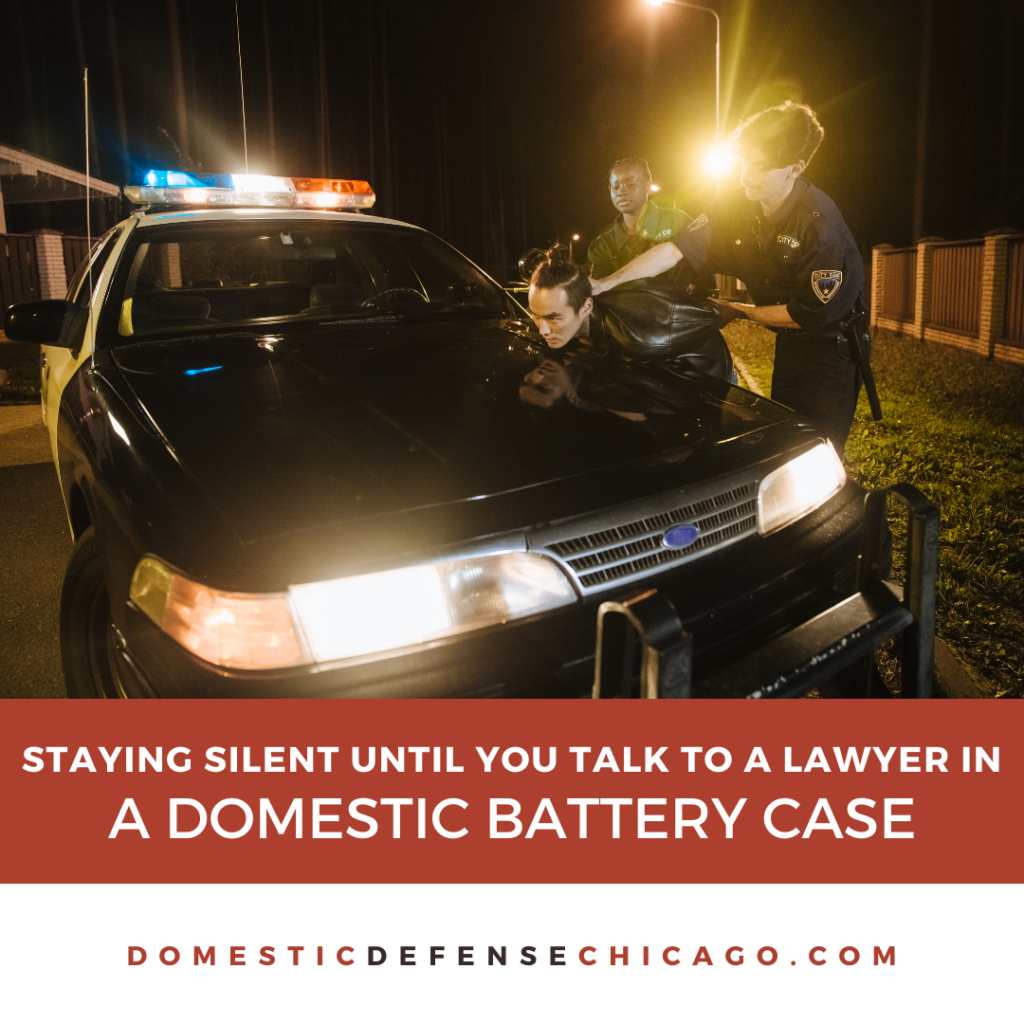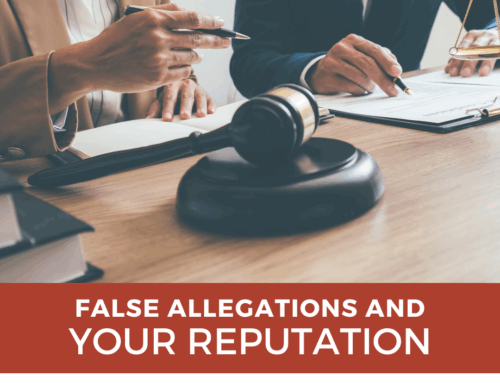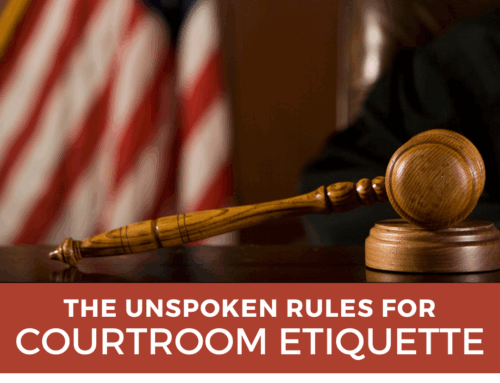If you’ve been arrested or accused of domestic battery, your first instinct might be to explain yourself or defend your actions. However, staying silent until you speak with an attorney is one of the most important steps you can take to protect your rights. Anything you say can and will be used against you in court, and even well-intentioned statements can be misconstrued. This guide explains why staying silent is critical and how it benefits your defense.
Staying Silent Until You Speak to an Attorney in a Domestic Battery Case
This guide explains the following:
- The legal basis for your right to remain silent
- How statements can harm your case
- What to do when interacting with law enforcement
- Why consulting a domestic battery defense lawyer is essential
- Tips for protecting your rights during the legal process
Here’s a closer look at each.
The Legal Basis for Your Right to Remain Silent
The right to remain silent is protected under the Fifth Amendment of the U.S. Constitution. This right ensures that you are not compelled to incriminate yourself during interactions with law enforcement or in court. After your arrest, officers are required to inform you of your rights through a Miranda warning, which explicitly states that you have the right to remain silent and the right to an attorney.
Exercising this right is crucial in domestic battery cases, where statements made during an arrest or interrogation can be used as evidence against you. By staying silent, you give your attorney the opportunity to guide your defense without unnecessary complications.
How Statements Can Harm Your Case
Anything you say to law enforcement, the alleged victim, or even witnesses can be taken out of context and used against you. For example:
- Admitting to Certain Actions: Even a partial admission, such as acknowledging an argument, can be portrayed as evidence of guilt.
- Inconsistent Statements: If your account changes over time, prosecutors may argue that you are unreliable or attempting to hide the truth.
- Emotional Outbursts: Stressful situations often lead to emotional reactions, but these can be interpreted as aggression or a lack of remorse.
Your words can carry unintended consequences, making it essential to remain silent until you have legal representation.
What to Do When Interacting With Law Enforcement
If you are arrested or questioned about a domestic battery incident, follow these steps to protect yourself:
- State Your Intent to Remain Silent: Politely inform officers that you are exercising your right to remain silent and request an attorney. For example, you can say, “I am invoking my right to remain silent and would like to speak to a lawyer.”
- Avoid Volunteering Information: Do not answer questions about the incident, even if officers seem friendly or imply that cooperating will help you.
- Provide Basic Information: You can share basic identifying information, such as your name, but avoid discussing anything related to the case.
- Refrain From Speaking to Others: Avoid discussing the incident with cellmates, family, or friends until you’ve consulted with your attorney.
Remaining calm and cooperative while asserting your rights ensures that you don’t unintentionally harm your defense.
Why Consulting a Domestic Battery Defense Lawyer Is Essential
A domestic battery defense lawyer is your best advocate during a legal proceeding. Your attorney will:
- Guide you on what to say and what to avoid
- Review the details of your case to build a strong defense
- Challenge any evidence obtained through improper procedures
- Represent you during interrogations, hearings, and negotiations
Having an attorney ensures that your rights are protected and that you don’t inadvertently weaken your case by speaking prematurely.
Tips for Protecting Your Rights During the Legal Process
To safeguard your rights and improve your chances of a favorable outcome, consider the following tips:
- Avoid Discussing the Case Publicly: Do not talk about your case on social media, in public settings, or with individuals not directly involved.
- Document Key Details: Share relevant information with your attorney, including timelines, evidence, and witness names.
- Follow Legal Advice: Trust your lawyer’s guidance and refrain from acting independently.
- Stay Informed: Ask your attorney questions about the legal process to better understand your situation.
By taking these steps, you can focus on building a strong defense without jeopardizing your case.
Staying silent until you speak to an attorney in a domestic battery case is essential for protecting your rights and ensuring a fair legal process. By exercising your right to remain silent, seeking legal counsel, and following professional advice, you can navigate the complexities of the legal system with confidence.
Do You Need to Talk to an Attorney About Domestic Battery Defense?
If you need to talk to a domestic battery defense attorney in Illinois, we’re here to help. Call us at 847-920-4540 now – we’ll be happy to give you a free consultation and talk to you about your options.







Leave A Comment
You must be logged in to post a comment.